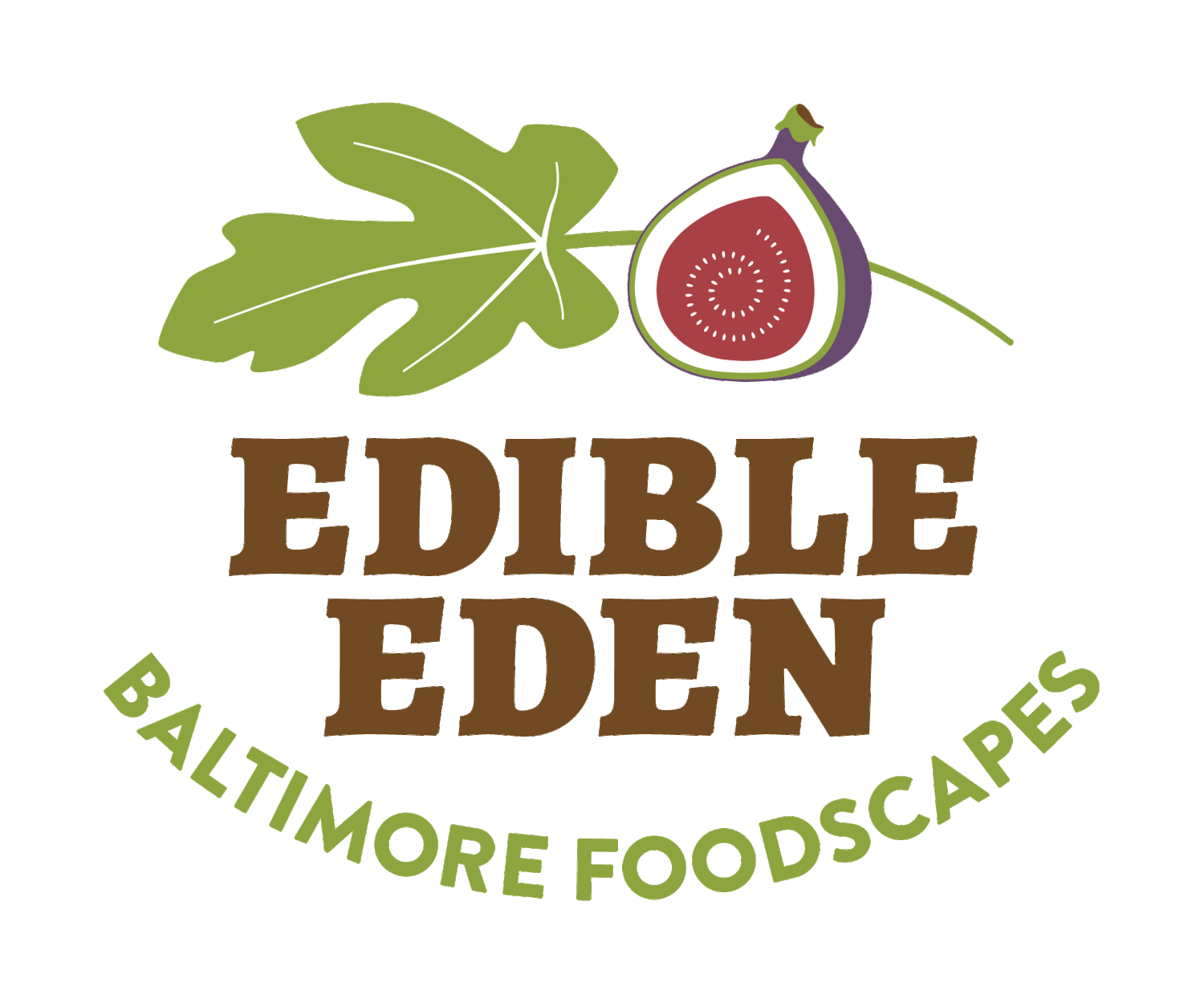Pawpaws are a unique fixture in North American forests - they are North America’s largest native fruit and the only plant in the tropical Annonaceae family that grows natively on the continent.
Photo courtesy of horticulturetalk.wordpress.com
While most Americans today may be unfamiliar with the Pawpaw, this fruit has its roots in many important moments of American history. A staple of many Native American diets, Pawpaws also fed Lewis and Clark when game was scarce, they were documented as one of George Washington’s favorite desserts, and they were grown by Thomas Jefferson at Monticello.
These rich, custardy fruits found their peak popularity during the Great Depression as a cheap alternative to other sweet, exotic fruits (earning themselves the name “the poor man’s banana”) Their mainstream popularity eventually waned as more exotic fruits were introduced to the US and as more people turned to the grocery store rather than to the land for their food.
Today, Pawpaws are mostly obscured from the public eye. Stocking Pawpaws in commercial stores is nearly impossible due to their easy to bruise skin and short shelf life. You may have luck finding them at a farmers market or, more likely, along a hiking trail in the “Pawpaw belt,” throughout the East Coast and Midwest. If you are lucky enough to find Pawpaws to enjoy, you’ll soon appreciate their silky smooth, yellow-orange interior and sweet, tangy taste. They’re commonly described as a mix between bananas and mangoes in both flavor and texture.
In addition to bearing delicious fruit, Pawpaws are an important part of our ecosystem. They are the only host plant of the Zebra Swallowtail butterfly and their fruit feeds many forest mammals. Their tolerance of variable growing conditions (including those tough shady and moist areas) along with their natural pest resistance also makes them an ideal plant to incorporate into your landscape.
Looking for some creative ways to make the most out of Pawpaw season? Why not try Pawpaw pudding, ice cream, bread, or salsa!
And if you want your very own supply of Pawpaws, get in touch with Edible Eden to talk about growing Pawpaw trees in your own backyard!


